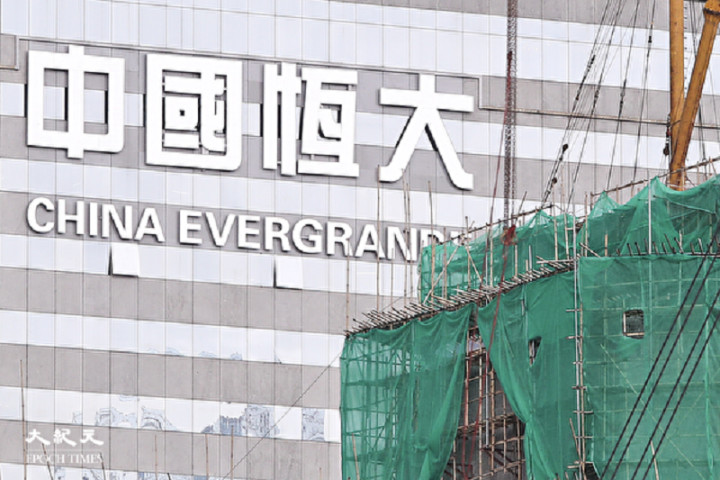
China: 60% of the top 30 companies violate “3 regulations”
-Sale of properties overseas “Caution”-
China Real Estate Crisis:
The real estate crisis has never subsided.
60% of the top 30 companies are suffering because they cannot clear the “three financial principles” decided by the government.
“Bloomberg”
(November 2nd)
What are the “Three Principles of Finance”?
1) The ratio of debt to assets is 70% or less
2) Net debt to capital ratio is 100% or less
3) The ratio of cash on hand to short-term debt is 100% or more.
“Reuters”
(November 2nd)
An article entitled “China’s Real Estate Crisis Shadows on Large-Scale Projects in the World” was published.
Chinese companies are involved in large-scale real estate development projects in major cities around the world
Chinese companies may sell their properties to secure cash.
Shanghai
Green space holding group
The green area holding group is in conflict with the “Sando Beni Line”.
Sydney
It has just built the tallest residential tower in Sydney.
London
Planning to build a 235-meter-high residential tower in London.
Brooklyn,
Los Angeles,
Paris,
Also in Toronto
Has tens of billions of dollars in projects.
Evergrande
Kaisa Group
Both are trying to sell their properties in Hong Kong to secure funding.
China Holding Co., Ltd.
China’s Ninhai Holding is in San Francisco, and a high-rise tower property has been seized by creditors.
Rating agency
S & P
Guangzhou Wealthy Local R & F
Guangzhou Wealthy Local Products will soon reach its debt repayment deadline.
A large-scale asset sale is required to repay the debt.
There is a possibility that all buildings and hotels will be sold.
Rating agency
Fitch
The assets that R & F may sell are estimated to be worth 863 billion yuan ($ 130 billion).
World view of Toshiyoshi Katsumata
http://hisayoshi-katsumata-worldview.com/archives/27820910.html
Two-thirds of major Chinese real estate violates debt “red line” = news | The Epoch Times